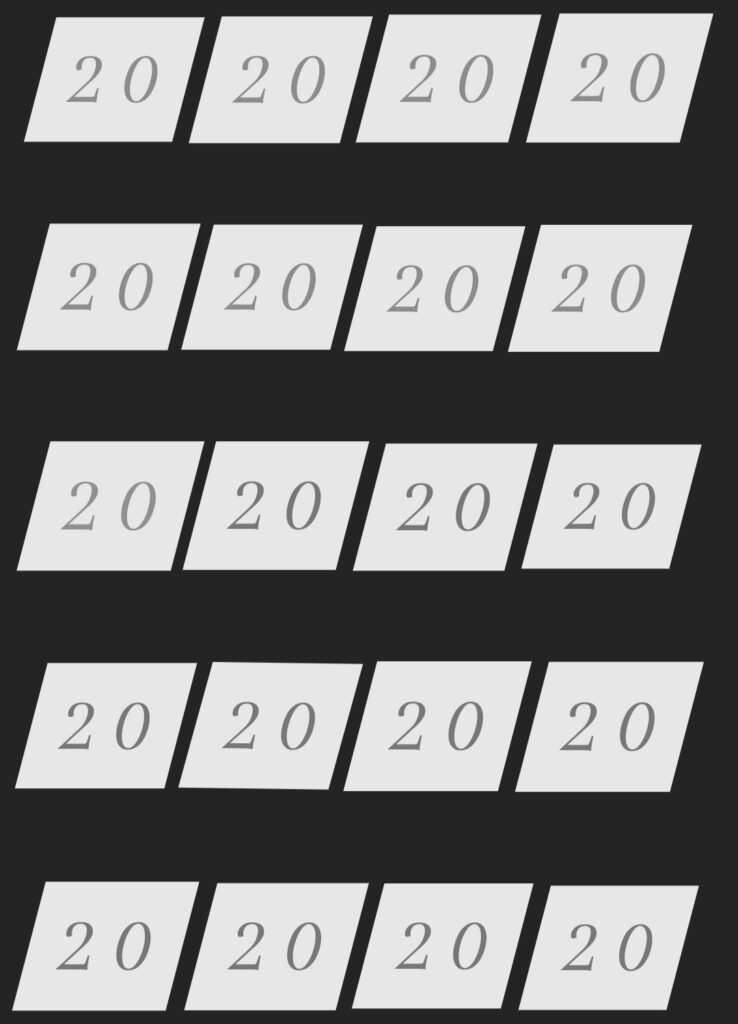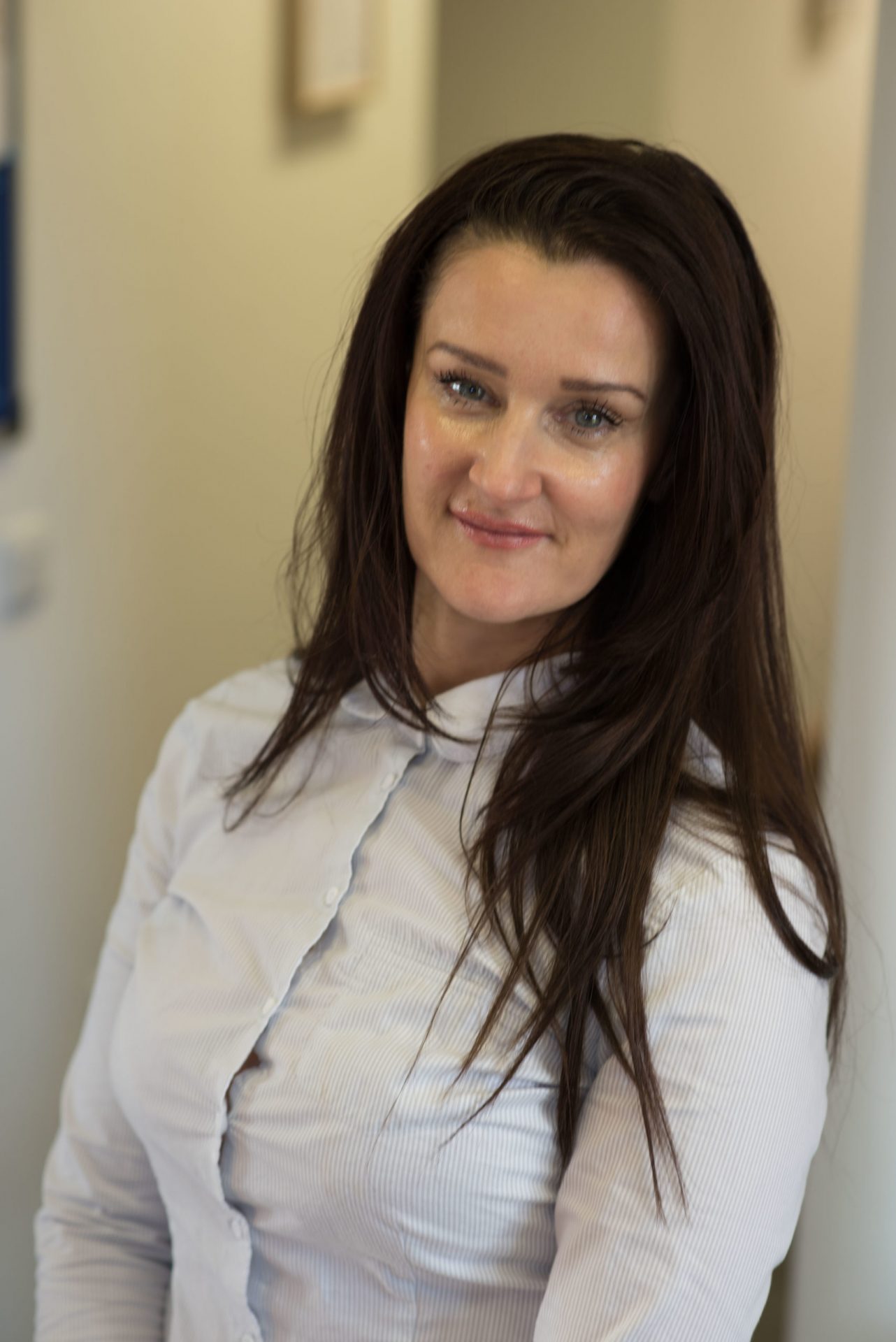What is Trachyonychia?
Trachyonychia refers to rough nails, and there are two clinical variants. Opaque trachyonychia is the first type of trachyonychia. It has a nail plate that shows longitudinal ridges; the nails are opaque, unpolished, and have a “sandpapered” appearance. Shiny trachyonychia is the name of the second type. A nail plate with several small pits placed in both longitudinal and parallel lines is one of its feature. The nail plate is not opaque, and the nails appear also to be shiny.
Trachyonychia may typically be diagnosed based only on clinical appearance. Nonetheless, it is permissible to undertake a nail clipping for histology to assess for the presence of fungus as part of an evaluation of onychodystrophy. Trachyonychia may then affect all age groups. Also, it most commonly affects children and is typically idiopathic. In children, it usually affects all 20 nails.
Idiopathic trachyonychia has been identified in 1.5% (45 of 2951) of individuals who have had their nails checked. In a different study, (3.65%) 40 out of 1095 people with alopecia areata had trachyonychia.
What is the Cause of Trachyonychia?
Trachyonychia is most frequently linked with the three dermatoses namely; Alopecia areata, psoriasis, and also lichen planus. Moreover, individuals who have these conditions on record could be at risk. It is possible to determine the relevant histopathologic characteristics from a nail matrix samples if psoriasis or lichen planus is the root cause of the trachyonychia.
Trachyonychia has also been linked with a variety of other conditions, including atopic dermatitis, graft-versus-host disease, ichthyosis vulgaris, immunoglobulin A deficiency, incontinentia pigmenti, koilonychia, pemphigus vulgaris, primary biliary cirrhosis, trauma, vitiligo, as well as reflex sympathetic dystrophy.
Are you suffering from this condition? At The Chelsea Clinic, we can help. One of our podiatrist can assist and then recommend what treatments are best to get you back on track.  Podiatrist South Kensington
Podiatrist South Kensington
Schedule an appointment here or you may call us at +44 (0) 207 101 4000. 
We hope you have a feetastic day! 

-The Chelsea Clinic and Team


 Podiatrist South Kensington
Podiatrist South Kensington




